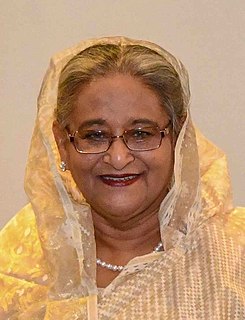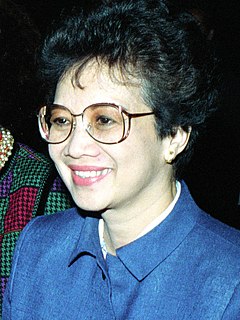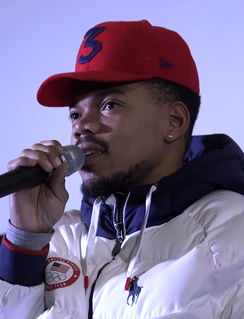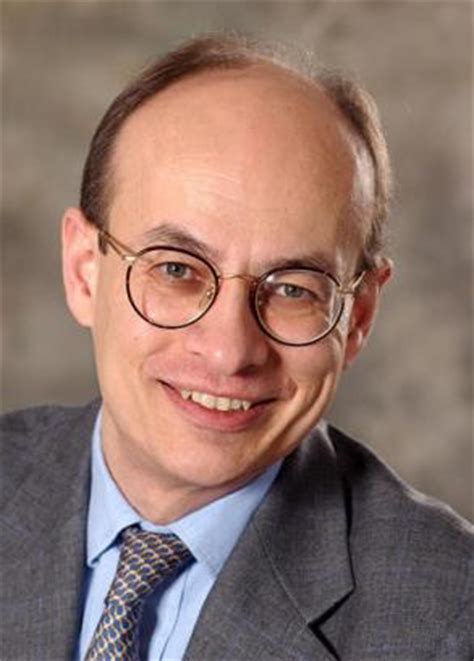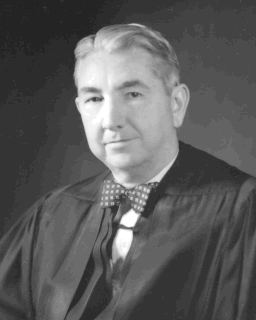A Quote by Joshua Wong
From horrific incidents of police brutality and complicity in indiscriminate attacks by triads on citizens to arbitrary mass arrests and the banning of demonstrations, the government has employed nearly every weapon in its war chest to intimidate Hong Kongers into silence and to suppress their popular struggle for democracy and freedom.
Related Quotes
Joblessness is a weapon of mass destruction. Poverty is a weapon of mass destruction. Hunger is a weapon of mass destruction. Poor health care is a weapon of mass destruction. Poor education is a weapon of mass destruction. Discrimination is a weapon of mass destruction. Let us abolish such weapons of mass destruction here at home.
Poverty is a weapon of mass destruction. Joblessness is a weapon of mass destruction, homelessness, a weapon of mass destruction... racism, a weapon of mass destruction, fear, a weapon of mass destruction. We must disarm these weapons and renew our commitment to quality public schools and dedicated teachers and good housing and quality health care and decent jobs and stronger neighborhoods.
Certainly one of the chief guarantees of freedom under any government, no matter how popular and respected, is the right of citizens to keep and bear arms. This is not to say that firearms should not be very carefully used and that definite safety rules of precaution should not be taught and enforced. But the right of citizens to bear arms is just one more guarantee against arbitrary government, and one more safeguard against tyranny which now appears remote in America, but which historically has proved to be always possible.
Unlike previous wars, our enemy now is a stateless network of religious extremists. They do not obey the laws of war, they hide among peaceful populations and launch surprise attacks on civilians. They have no armed forces per se, no territory or citizens to defend and no fear of dying during their attacks. Information is our primary weapon against this enemy, and intelligence gathered from captured operatives is perhaps the most effective means of preventing future attacks.
A recent poll showed that nearly half the American public believes that the government should redistribute wealth. That so many people are so willing to blithely put such an enormous and dangerous arbitrary power in the hands of politicians-\-\risking their own freedom, in hopes of getting what someone else has-\-\is a painful sign of how far many citizens and voters fall short of what is needed to preserve a democratic republic
From the standpoint of freedom of speech and the press, it is enough to point out that the state has no legitimate interest in protecting any or all religions from views distasteful to them... It is not the business of government to suppress real or imagined attacks upon a particular religious doctrine.

